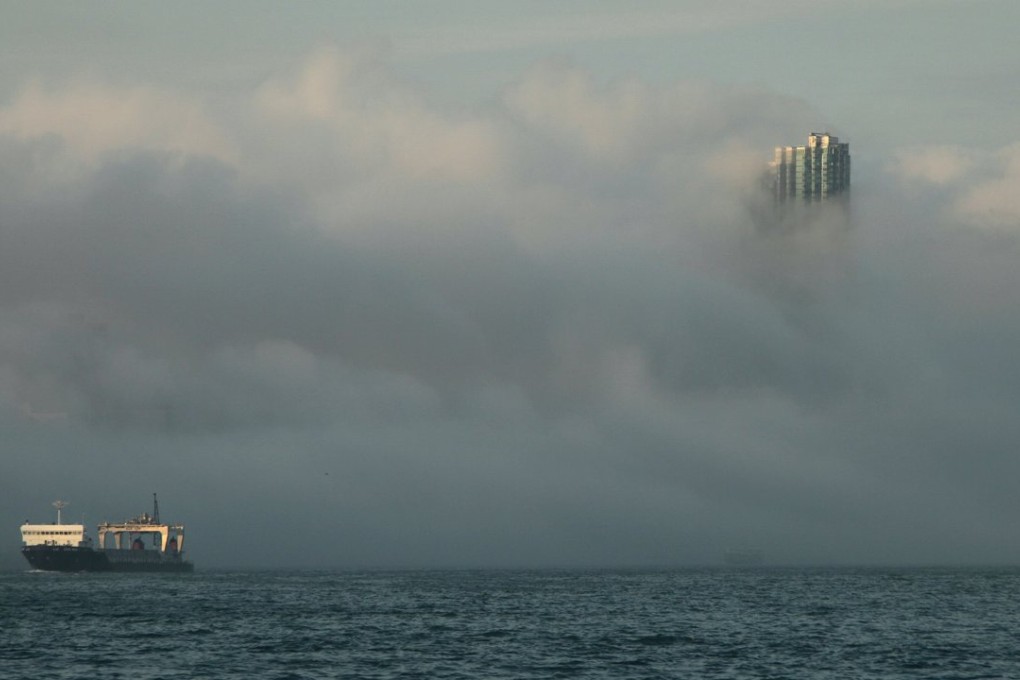Amid heightened social tensions, Hong Kong investors should brace for a precarious year
Patrick Ho says investors are right to worry as an increasingly volatile Hong Kong encounters economic headwinds that weren’t there during the Occupy Central protests in 2014

Once inconceivable, vicious confrontations between disgruntled locals and police have become more commonplace. The Mong Kok violence had no bearing on the dazzling Lunar New Year celebrations that went ahead without disturbance the next day. Since stores were closed for the holiday, there was little direct impact to retail sales in the area. But a deeper impression on markets has lingered against a backdrop of existing economic woes.
Hong Kong’s stalwart property sector is shaking – housing prices have slid 10 per cent from the 2015 peak and could sink another 10 per cent this year alone. Office rents could follow suit soon, and decline 5 per cent this year. The slumping market could worsen further if credit conditions tighten, interbank rates experience heightened volatility and property developers continue to pursue aggressive discount pricing to woo buyers.
READ MORE: Hong Kong sees spurt in negative-equity home owners as property prices tumble

Meanwhile, rising local interest rates threaten to destabilise Hong Kong markets. With the US Federal Reserve embarking on a rate hike path, the Hong Kong Monetary Authority may increase its interest rate alongside or even above US rates. This would come at a time when Hong Kong’s property market is flailing, Chinese tourist spending is declining and exports are weakening amid China’s economic deceleration.
READ MORE: Lunar New Year in 2016 will mark formal end of golden retail decade in Hong Kong

Small-scale disturbances like the Mong Kok riot are unavoidable, while the risk of a larger clash increases with each blowout